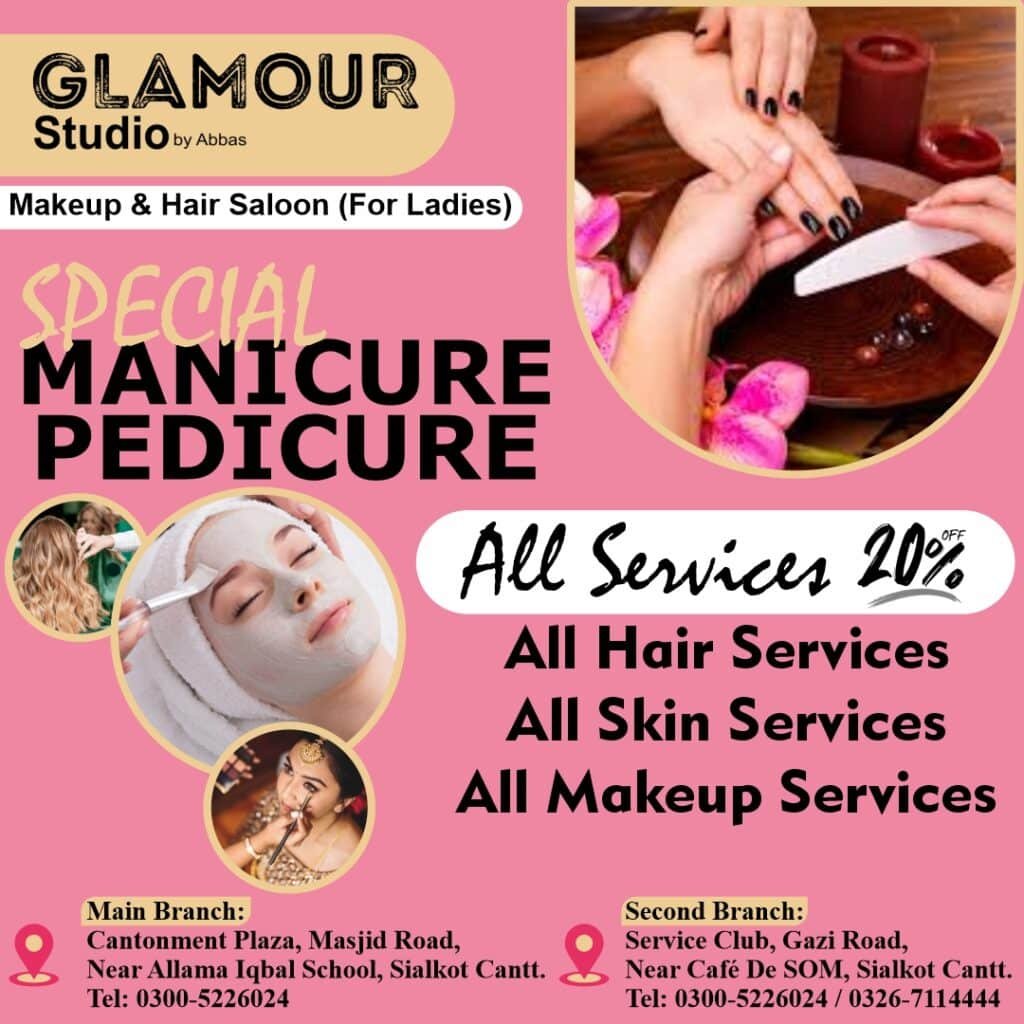Introduction
Healthy, glowing skin is a universal desire, but with countless skin care products flooding the market, finding the right ones can be overwhelming. Whether you have dry, oily, combination, or sensitive skin, using the right products can make all the difference in achieving a radiant complexion.\

This comprehensive guide will help you navigate the world of skin care products, including cleansers, moistrizers, serums, sunscreens, and treatments. We’ll also discuss key ingredients, how to build an effective routine, and tips for maintaining healthy skin.
Understanding Your Skin Type
Before choosing skin care products, it’s essential to identify your skin type:
- Dry Skin – Feels tight, flaky, and may have rough patches.
- Oily Skin – Shiny, prone to acne, and enlarged pores.
- Combination Skin – Oily in the T-zone (forehead, nose, chin) and dry elsewhere.
- Sensitive Skin – Easily irritated, redness, or reactions to products.
- Normal Skin – Balanced, neither too oily nor too dry.
How to Determine Your Skin Type?
- Wash your face with a gentle cleanser.
- Wait an hour without applying any products.
- Observe if your skin feels dry, oily, or balanced.
Essential Skin Care Products for a Complete Routine
A proper skin care routine includes the following steps:
Cleanser
- Purpose: Removes dirt, oil, and impurities.
- Best for Different Skin Types:
- Dry Skin: Cream or hydrating cleansers (e.g., CeraVe Hydrating Cleanser).
- Oily Skin: Gel or foaming cleansers with salicylic acid (e.g., Neutrogena Oil-Free Acne Wash).
- Sensitive Skin: Fragrance-free, gentle cleansers (e.g., La Roche-Posay Toleriane).
Toner
- Purpose: Balances pH, removes residual impurities, preps skin for serums.
- Best Ingredients:
- Hydrating: Hyaluronic acid, rose water.
- Exfoliating: Glycolic acid (for acne-prone skin).
Serum
- Purpose: Targets specific concerns like wrinkles, dark spots, or dehydration.
- Popular Serums:
- Vitamin C – Brightens skin, fights aging.
- Hyaluronic Acid – Deep hydration.
- Niacinamide – Reduces redness and oiliness.
Moisturizer
- Purpose: Locks in hydration and strengthens the skin barrier.
- Best Picks:
- Dry Skin: Thick creams (e.g., Eucerin Advanced Repair).
- Oily Skin: Oil-free, lightweight lotions (e.g., Neutrogena Hydro Boost).
Sunscreen (Most Important!)
- Purpose: Protects against UV damage, prevents aging and skin cancer.
- Recommended:
- Chemical Sunscreen: Lightweight (e.g., Supergoop Unseen Sunscreen).
- Mineral Sunscreen: Gentle for sensitive skin (e.g., EltaMD UV Clear).
Key Ingredients to Look For in Skin Care Products
- Hyaluronic Acid – Hydrates and plumps skin.
- Retinol – Anti-aging, boosts collagen.
- Salicylic Acid – Unclogs pores, treats acne.
- Vitamin C – Brightens and evens skin tone.
- Ceramides – Repairs skin barrier.
- How to Build a Skin Care Routine?
Morning Routine:
- Cleanser → 2. Toner → 3. Serum → 4. Moisturizer → 5. Sunscreen
Night Routine:
- Double cleanse (oil + water-based cleanser) → 2. Exfoliate (2-3x a week) → 3. Treatment (retinol, acne cream) → 4. Moisturizer
Conclusion
Choosing the right skin care products is crucial for maintaining healthy, glowing skin. By understanding your skin type, using the right ingredients, and following a consistent routine, you can achieve the best results.
Ready to upgrade your skin care routine? Start with the basics—cleanser, moisturizer, and sunscreen—and gradually introduce serums and treatments for targeted concerns.
FAQs About Skin Care Products
1. How often should I change my skin care products?
Stick to a product for at least 6-8 weeks before switching unless irritation occurs.
2. Can I use natural DIY skin care instead of products?
Some DIY remedies help, but clinically tested products are more effective for long-term results.
3. What’s the difference between drugstore and luxury skin care?
Luxury brands may have better textures, but drugstore products often contain similar active ingredients.
4. How do I know if a product is breaking me out?
Patch-test first. If redness, itching, or acne appears after a few uses, discontinue.
